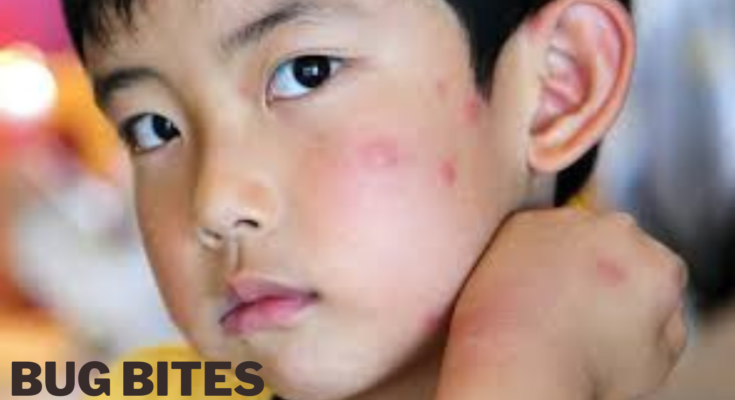In today’s bustling world, outdoor experiences offer a much-needed escape. Whether it’s hiking through dense forests, camping under the starlit sky, or simply enjoying a picnic in the park, nature has a unique way of rejuvenating our spirits. However, one common annoyance that often mars these blissful moments is bug bites. Those itchy, irritating bites can turn a pleasant outdoor adventure into a nightmare. But fear not! With the right knowledge and precautions, you can enjoy the great outdoors bite-free. Here are some expert tips to keep those pesky bugs at bay.
Understanding the Bugs
Before diving into prevention methods, it’s essential to understand your adversaries. Different bugs are prevalent in various regions and climates. Mosquitoes, ticks, ants, and flies are among the most common culprits. Each has its unique bite, and some can transmit diseases. Knowing what you’re up against is the first step towards a bug-free outing.
Dress Smartly
One of the most effective ways to prevent bug bites is to dress appropriately. Opt for light-colored clothing that covers your arms and legs. Tucking your pants into your socks and wearing long-sleeved shirts can reduce exposed skin, making it harder for bugs to reach you.
Choose the Right Repellent
Invest in a good insect repellent that contains DEET, picaridin, or oil of lemon eucalyptus. Apply it on exposed skin and clothing, following the product instructions carefully. Natural repellents like citronella and lavender oil can also be effective and offer a pleasant aroma.
Avoid Peak Bug Times
Bugs are most active during dawn and dusk. If possible, plan your outdoor activities during other times of the day when bugs are less active. Additionally, windy conditions can make it challenging for bugs to land on you, so take advantage of breezy days.
Secure Your Shelter
If you’re camping, ensure your tent is properly sealed. Repair any holes or gaps and use a mosquito net if necessary. It’s also a good idea to keep food sealed in airtight containers to avoid attracting insects.
Natural Remedies
Certain natural remedies can help repel bugs. Planting marigolds, citronella, and lavender around your outdoor space can deter mosquitoes and other insects. Burning citronella candles or using essential oil diffusers can create a bug-free zone.
Stay Hygienic
Bugs are attracted to body odor and sweat. Regular bathing and changing into clean clothes can significantly reduce your attractiveness to insects. Avoid using scented lotions or perfumes, as they can attract bugs.
Check for Ticks
Ticks can transmit serious diseases such as Lyme disease. After spending time outdoors, thoroughly check your body, clothing, and pets for ticks. If you find one, remove it promptly with fine-tipped tweezers, grasping it as close to the skin’s surface as possible.
Treat Bug Bites Properly
Despite all precautions, bug bites can still happen. When they do, resist the urge to scratch, as it can lead to infection. Clean the affected area with soap and water, apply an antiseptic cream, and cover it with a bandage. If the bite worsens or you experience severe symptoms, seek medical attention.
FAQs
What is the best way to avoid mosquito bites?
Wearing light-colored, long-sleeved clothing and using insect repellents containing DEET or picaridin are effective ways to avoid mosquito bites.
Can natural remedies completely repel bugs?
While natural remedies like citronella and lavender can help repel bugs, they may not be as effective as chemical repellents. Using a combination of methods is often the most successful approach.
How often should I reapply insect repellent?
Follow the instructions on the repellent’s label. In general, it’s advisable to reapply repellent every few hours, especially if you’re sweating or swimming.
Are all bug bites itchy?
Not necessarily. While most bug bites cause itching, some may not. It varies based on the individual’s reaction to the bite and the type of insect.
What should I do if I have a severe allergic reaction to a bug bite?
Seek immediate medical attention if you experience symptoms such as difficulty breathing, swelling of the face or throat, rapid heartbeat, or dizziness after a bug bite.
Conclusion
With the right strategies, you can enjoy the wonders of nature without the annoyance of bug bites. By understanding the bugs, dressing appropriately, choosing the right repellent, avoiding peak bug times, securing your shelter, using natural remedies, staying hygienic, checking for ticks, and treating bug bites properly, you can have a bite-free outdoor experience that allows you to fully immerse yourself in the beauty of the natural world.




